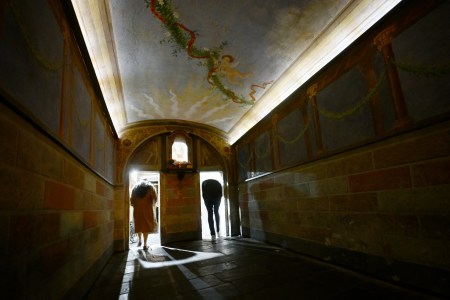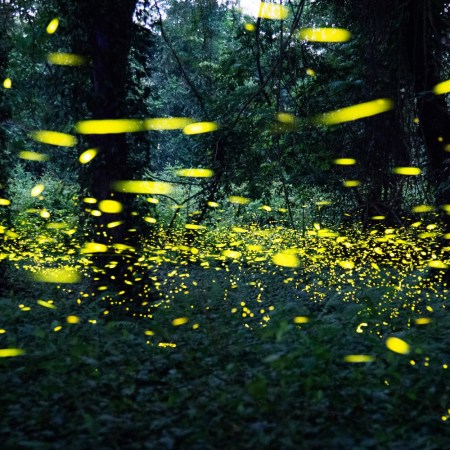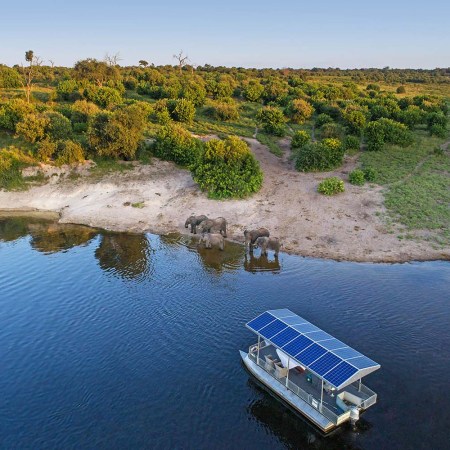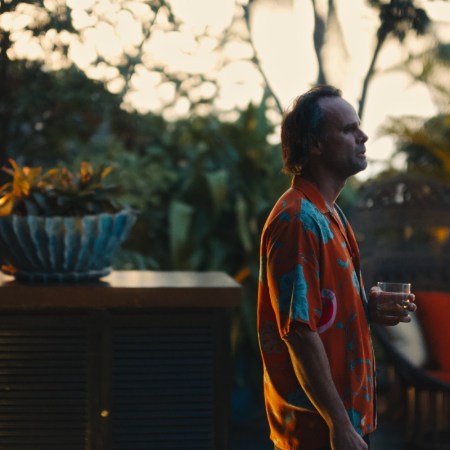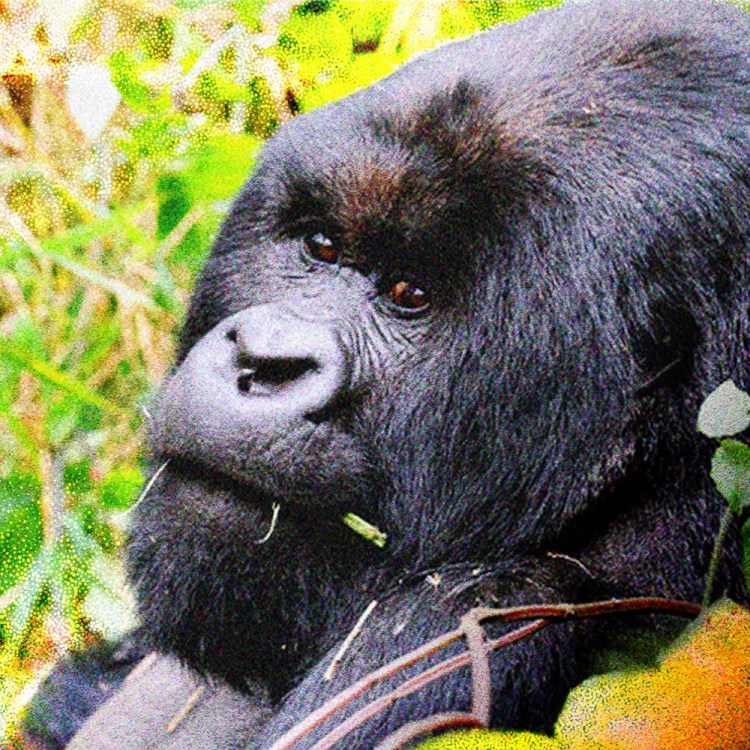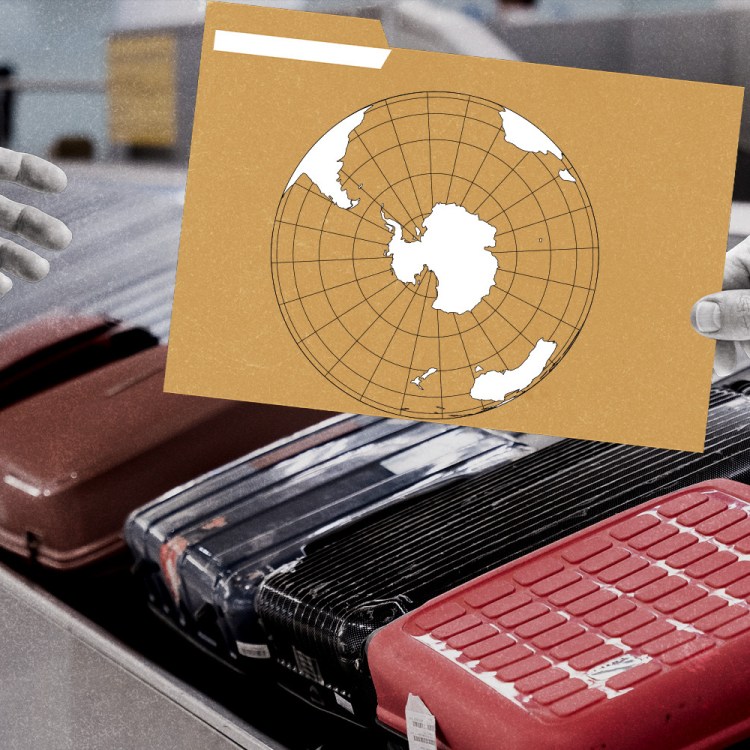In 1998, a city in Mali that has been inhabited for well over 2,000 years was added to UNESCO’s list of World Heritage Sites. The organization’s website describes the Old Towns of Djenné as “characterised by the intensive and remarkable use of earth specifically in its architecture,” and cites in particular the city’s Grand Mosque, a storied building built in 1907 that is replastered on an annual basis. Looking at images of the city, it isn’t hard to see the appeal — it’s a truly breathtaking, utterly singular sight.
You might think that such a destination would attract many aficionados of history and architecture. But recent years have seen Djenné facing numerous crises — including a dearth of visitors — that have left its future uncertain. The latest dispatch on this subject comes from Bloomberg‘s Diakaridia Dembele and Yinka Ibukun.
Dembele and Ibukun report that a number of factors, including a 2011 kidnapping and a coup in 2012 have diminished the site’s appeal to international visitors. This has created a conundrum: the old city’s designation as a World Heritage Site requires traditional building techniques to be used — but those are also more expensive to maintain that, say, concrete. And the lack of tourism has brought economic challenges, making it more challenging for Djenné’s residents to keep their homes in good working order.
Selfie Tourism Is Sending Travelers to Unlikely Italian Destinations
One church has profited from its social media appealThe residents of Djenné have been reckoning with these issues for several years. In 2024, the Associated Press’s Moustapha Diallo described the situation on the ground, noting that the nation’s political unrest resulted in what Mali’s head of tourism described as “tens of thousands of visitors a year” dwindling to almost none. It’s a challenging situation for city and country alike, and one where there are few easy answers on the horizon.
This article appeared in an InsideHook newsletter. Sign up for free to get more on travel, wellness, style, drinking, and culture.

